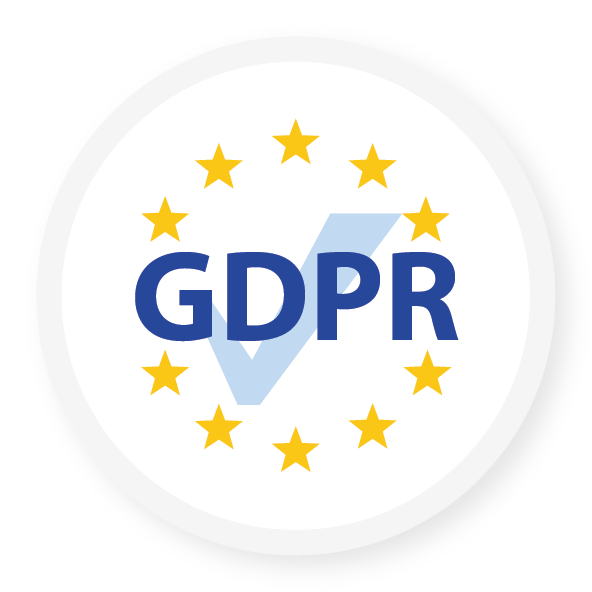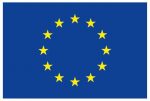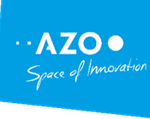
Please accept cookies and tracking on this site for the best experience.
If you deny the use of cookies and tracking on this site, we will save that in a necessary cookie. You will lose access to personalised content and may not have the best experience on this website.
Please see our Privacy Policy for detailed information on how we process your personal data. You can withdraw your consent at any time and demand information about your data as well as the correction, access to or deletion of it.
To protect your privacy, we block cookies and tracking scripts until you consent with the usage.
We use cookies and tracking scripts to offer additional functions, to provide social media features and to analyse our traffic. We also share information about your use of our site with our social media, advertising and analytics partners who may combine it with other information that you’ve provided to them or that they’ve collected from your use of their services.
You are able to change or withdraw your consent anytime.
About Cookies
Cookies are small text files that can be used by websites to make a user’s experience more efficient.
The law states that we can store cookies on your device if they are strictly necessary for the operation of this site. For all other types of cookies we need your permission. This site uses different types of cookies. Some cookies are placed by third party services that appear on our pages.
Learn more about who we are, how you can contact us and how we process personal data in our Privacy Policy.
Necessary cookies help make a website usable by enabling basic functions like page navigation and access to secure areas of the website. Also, your consent with or denial of additional cookies and tracking scripts is stored in a necessary cookie.
The website cannot function properly without these cookies.
Marketing cookies are used for personalisation and tracking users across websites and devices. These cookies help us to display relevant content and ads for the individual user.
Marketing services used on this site:
On this site, we use cookies from:
- Mautic
Tracking cookies help us to better understand the behaviour of our visitors. We track your interaction on this and across other websites and devices to improve the user’s experience on our site.
Tracking services used on this site:
- Mouseflow
Please choose:
Deny?
If you deny, we will save this information in a necessary cookie and accept your wish.





